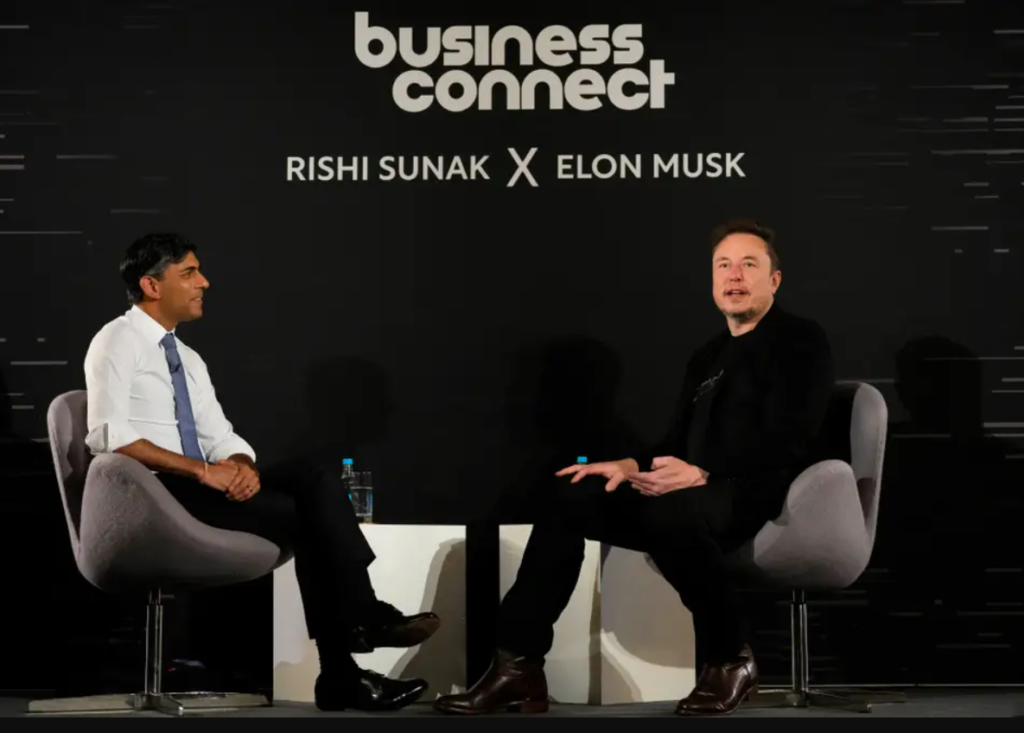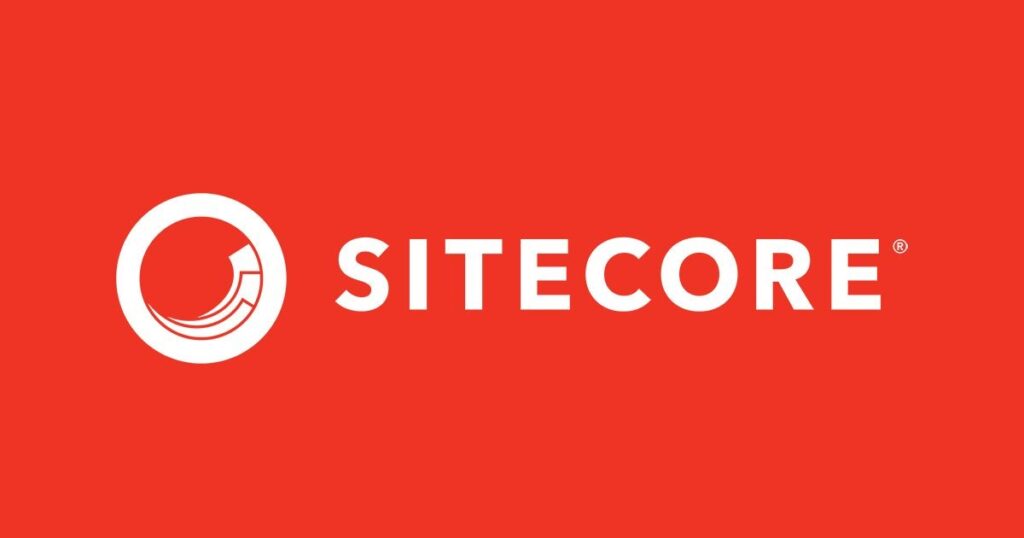Since the inception of Chat GPT, a few concerns have been on my mind. While some may find them trivial and obvious (which I agree with), their simplicity doesn’t diminish their significance:
Is It Ethical to Train AI Based on Information Created by Individuals With Entirely Different Motives?
In my opinion, no. However, each author (owner) of the information should have the right to grant or deny permission for the use of their work in AI training even before the commencement of such training. The ability to restrict scanning of your website through instructions in the robots.txt file was only introduced in the summer of 2023. By then, the entire internet had already been combed through and studied multiple times by various AIs (theoretically, data collection might have started as early as 2015 when Open AI was founded), leaving us with no control over how our information was used.
Even if, theoretically, Open AI were to assure, “It’s all good, your research has been removed from the training database of our product,” would it be possible to monitor and ensure that your work won’t be utilized by AI? It sounds rhetorical. Moreover, in my opinion, removing your data from machine learning is akin to reverting to childhood – an impossible feat.

Before the advent of widely accessible AI, sharing ideas or parts of your code for personal projects wasn’t a significant concern or risk. If it happened, mechanisms existed to identify the who, what, and where, file lawsuits, and resolve issues. We could patent our inventions, methods, and profit from our patents. If AI were to illegitimately use your intellectual property, proving it would be virtually impossible. As an example, we all remember Zuckerberg’s court hearings – it showcased how distant judicial authorities were from technology. The case against Facebook is far less complex than a potential case against Open AI.
We Educated Our Replacement Unknowingly
When we share our ideas or create educational materials for our blogs, we do it for people. Throughout human history, knowledge was acquired, used, transmitted, multiplied, refined, and allowed people to prosper. This led to the circulation of money – everyone benefited. If someone stole my project and manufactured new equipment based on it, they would generate a money flow among people. Society wouldn’t suffer any difference or harm; the losses would be personal, as I’d lose my potential profits. And here, over the entire history of humanity, an entity emerged that competes with humans. It inherited the knowledge of all generations from all countries worldwide, is immortal, can exist and move between different “bodies” in the form of computers, doesn’t sleep or eat, and within three years of its existence, surpasses all of us in collective intelligence. The crucial point – it is owned by the companies Open AI and Microsoft.
The Main Danger of the Lack of State Regulation of Artificial Intelligence

What I see as a colossal problem here is that AI can now provide services to people that were previously exclusive to humans. The payment for these services goes into the pockets of a single company with a specific number of staff, and this is where the chain breaks. This “worker” will earn but won’t spend money on building a house because he doesn’t need one, won’t send children to university because he has none, won’t order pizza delivery because he doesn’t eat. The money earned by him, which would have moved from one group of people to hundreds of thousands or millions of others, ends up in the pockets of a handful of business owners, specifically Open AI. By 2023, Open AI’s business was already valued at $29 billion, and this is just the beginning. Funds from a certain part of society will be taken, and another part of society won’t benefit, breaking the pattern that persisted for thousands of years of history.
In simple terms, AI will displace millions of jobs. People will lose jobs not because their professions vanish from the market, but because at some point, one company gathered all their information accumulated over generations without their knowledge, fed it to AI, which, over time, learns and becomes smarter and more dangerous. Essentially, people unwittingly taught their competitor. Our civilization has witnessed various technological breakthroughs, but none had the potential to cause as much harm to humanity as AI.
This issue wouldn’t trouble me as much if countries took on the regulation of artificial intelligence. However, as experience shows, government officials are so far removed from technology that by the time they decide (if they decide) to regulate this issue, it might be too late. In my opinion, we should already be considering mechanisms for implementing a universal basic income, which is fortunately being discussed in the United Kingdom. This was the topic of conversation between Prime Minister Rishi Sunak and Elon Musk, who was one of the first to sound the alarm about AI and its impact on jobs.
Another danger we need to think about in advance is not relying entirely on technology. Before the prolonged outages of 2022-2023, I didn’t realize how dependent I was on various apps, the internet, and electricity. All the technologies we have can disappear in a moment if a blackout occurs, and our survival will depend only on what we have in our heads, what we’ve learned – that will stay with us forever. I’m leading to the point that as AI becomes smarter, a crucial task for humanity is not to stop learning ourselves, so that when technologies disappear, we won’t be left defenseless. Musician, technology enthusiast, and investor will.i.am expressed a similar view.
Personally, I started using Chat GPT almost immediately after its release (not immediately, because during the period from November 2022, Ukraine experienced frequent blackouts, there was no internet, and, in general, I wasn’t in the mood to learn new technologies). Now, with its help, I’m learning English, deepening my knowledge of JavaScript – when I encounter code I don’t understand, I ask it to explain, and Chat GPT perfectly “digests” everything for me. In general, as long as the issue of AI security is unresolved, it is actively used both in private life and in business, and it is advisable for us to learn how to use it, especially since the Ukrainian job market often requires AI skills, especially in copywriting and SEO optimization.
And repeating what I mentioned above – in my opinion, regulation should have been introduced from the very beginning, so that authors and companies could close the scanning of their materials by AI before its training. This is a key and important issue that Open AI should have addressed before developing Chat GPT.
All of the above does not exclude the fact that artificial intelligence itself has tremendous potential to improve our lives, take on various routine tasks, and give people the opportunity to live their best lives in creativity. If we correctly prepare a legislative framework for AI regulation, control that future generations learn essential basic sciences as well as modern information, then we have a chance to transition to a new level of quality of life.
We should not cease self-improvement simply because an entity has emerged that can think on our behalf. Alongside the advancement of artificial intelligence, we need to continue developing ourselves.

